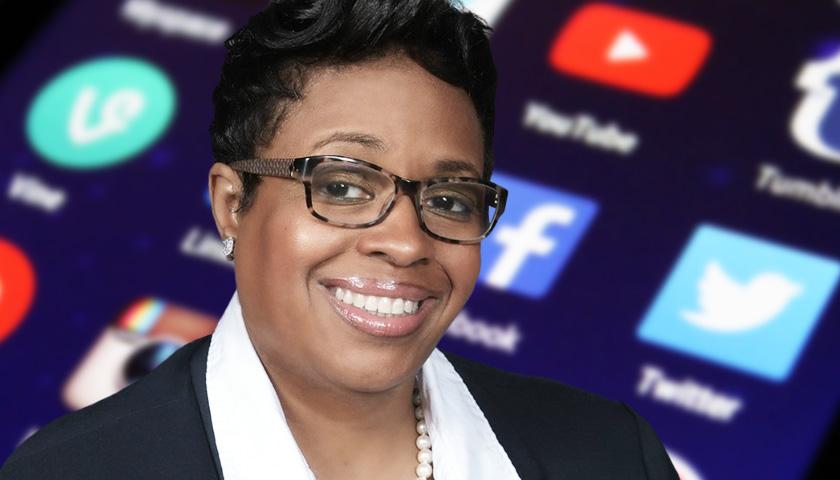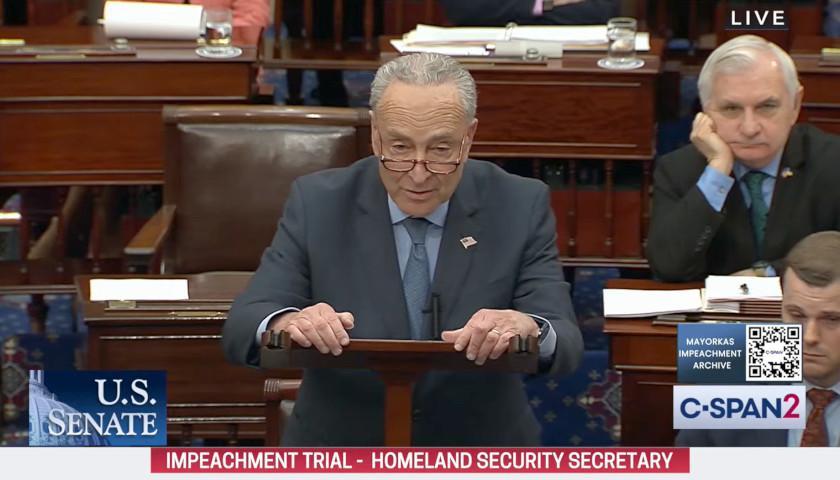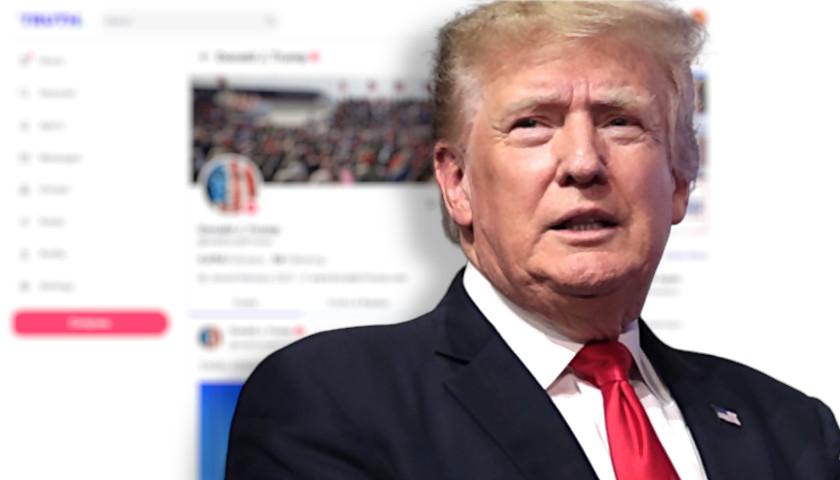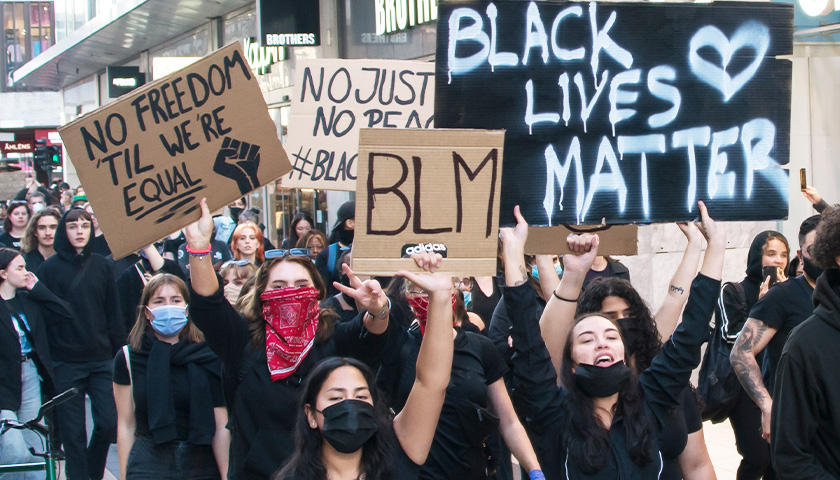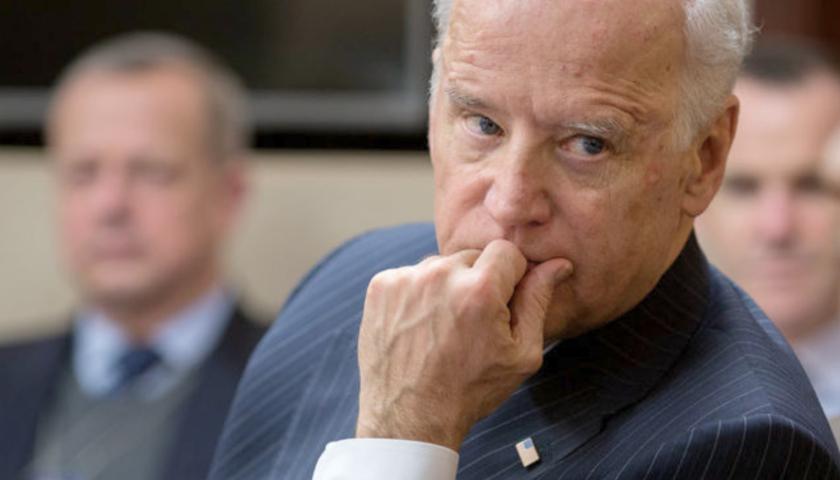A Pennsylvania legislator is asking her colleagues cosponsor a measure to police “unwelcome” speech on social-media platforms.
In a memorandum describing her emerging bill, state Representative Darisha Parker (D-Philadelphia) wrote that her policy “would require social media network companies to establish and maintain effective and transparent complaint procedures for reporting hate speech content.” She further stated the legislation would “mak[e] it clear that hate speech is unwelcome on social media in Pennsylvania.”
The representative characterized her proposal as an anti-violence measure and cited the late Pennsylvania Secretary of State C. Delores Tucker’s efforts against gangsta rap in the 1990s as an inspiration. Parker added she is especially concerned about remarks against “certain communities of color” and “certain sexual preferences.”
This is the second piece of legislation Parker has recently proposed to advance online-speech regulation. In January, she introduced a resolution to direct the Legislative Budget and Finance Committee to examine social media’s potential effects on gun violence and “explor[e] ways social media companies can remove this dangerous content.” That legislation has seven cosponsors but has yet to receive a vote.
Parker voiced no concern about whether her content-reporting measure could conflict with either the First Amendment to the U.S. Constitution or its counterpart in Article I Section 7 of the Pennsylvania Constitution.
“I don’t think when you’re talking about the freedom of speech that it should be on certain platforms that are exposed to our children,” she told The Pennsylvania Daily Star. She did not mention other media like newspapers or broadcast which children can also access.
Parker also said some topics of discussion should be legally tolerable while others should not.
“You can wake up in the morning and say it’s a beautiful day,” she told The Pennsylvania Daily Star. “You can wake up in the morning and say it’s a great day. But you can’t start using vulgarities and throwing your middle finger up and talking about drugs, sex, alcohol and shooting and terroristic threats and thinking that’s okay. It’s not okay.”
Yet, like the First Amendment, the state’s constitutional protection of free expression is comprehensive. It declares, “The free communication of thoughts and opinions is one of the invaluable rights of man, and every citizen may freely speak, write and print on any subject, being responsible for the abuse of that liberty.”
Joe Cohn, legislative and policy director at the Philadelphia-based Foundation for Individual Rights and Expression, said Parker’s policy would breach that freedom.
“This legislation is unconstitutional and for good reason,” the attorney said. “First of all, most hateful speech is protected under the First Amendment. Most people are under the false impression that it isn’t but, repeatedly, the Supreme Court has concluded that speech doesn’t lose its protection because it is merely hateful.”
Because the Parker bill would instruct companies like Facebook and Twitter to constrict content that the government itself cannot censor, Cohn explained, it poses a twofold problem: It imposes “compelled speech” on the platforms and enjoins speech limitations on everyday Internet users.
Federal case law, he noted, does recognize exceptions to the First Amendment, particularly “speech that is likely to incite imminent, unlawful acts of violence.” But in determining whether an utterance qualifies as an imminent threat, the U.S. Supreme Court set forth a rigorous test in the 1969 Brandenburg v. Ohio decision. Cohn said it’s very difficult for online speech to meet that case’s threshold.
“…People [viewing online forums] have the time to agree or disagree with the content that they are hearing, which is quite a bit different from an angry mob that’s worked up with a victim right there in front of them…,” he said. “It doesn’t comply with Supreme Court case law and it’s not going to pass constitutional muster. Not even close.”
Cohn also opined that when policymakers suggest speech protections apply only to anodyne statements and exclude potentially offensive ones, they demonstrate a shortfall in public awareness of constitutional rights that civil libertarians must diligently address.
“It underscores the need for us to work extra hard to educate elected officials and society at large on the contours of the First Amendment and the need for the protections it provides,” he said. He added that such understanding should be cultivated robustly among young people in America’s schools.
– – –
Bradley Vasoli is managing editor of The Pennsylvania Daily Star. Follow Brad on Twitter at @BVasoli. Email tips to [email protected].
Photo “Darisha Parker” by Rep. Darisha Parker. Background Photo “Social Media” by Pixabay.

